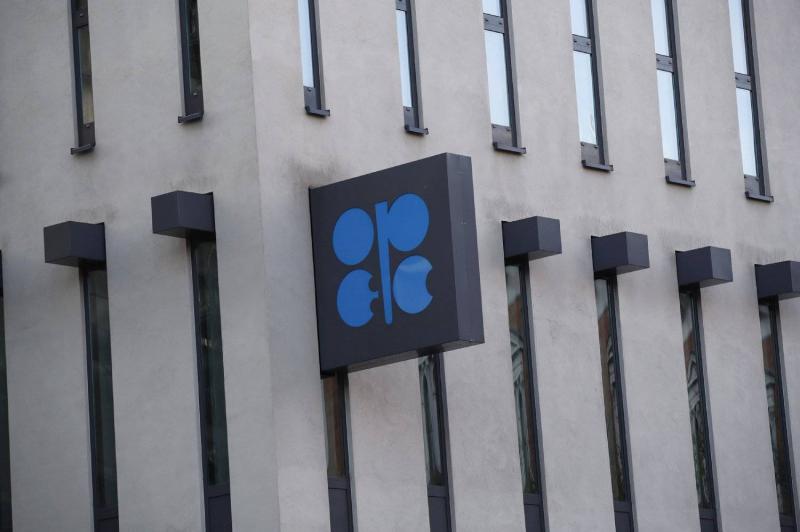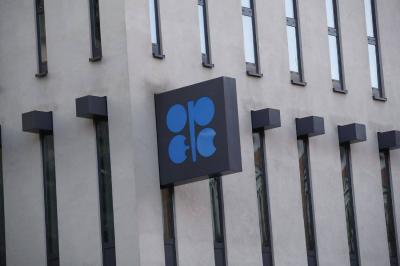The 23-member oil-exporting alliance "OPEC+" will meet again on Monday to find a way out after failing to reach an agreement on production quotas starting in August during their meeting on Friday. Talks resume among OPEC countries and their allies outside the cartel following the UAE's rejection of a plan being negotiated, deeming it "unfair," escalating tensions that could hinder the recovery of the crude oil market after the COVID-19 pandemic.
The proposed plan stipulates an increase in oil production by 400,000 barrels per day each month starting in August until December, aiming to raise additional oil supplies in the market to two million barrels per day by the end of the year. This aligns with the overarching strategy OPEC+ has followed since May, which involves gradually increasing production after sharp cuts due to a significant decline in demand at the onset of the coronavirus outbreak. This strategy has had some success as oil prices have rebounded to around $75 per barrel for both Brent and West Texas Intermediate, an increase of 50% since the start of the year, similar to price levels in October 2018.
While countries appeared to agree on this proposal, the issue of extending the agreement caused disagreement. The OPEC+ alliance committed in April 2020, when crude prices plummeted due to the first wave of the pandemic, to withdraw 9.7 million barrels per day from the market, intending to gradually restore it through April 2022. However, this timeline now seems too short considering the current pace of production increases, as coalition countries are still cutting 5.8 million barrels per day from their output.
This has led to a proposal to extend the current agreement until December 2022, a move met with opposition from Abu Dhabi. While Saudi Arabia and Russia support extending the agreement as is until December 2022, the UAE desires to discuss increasing production levels before agreeing to an extension beyond April.
UAE Minister of Energy and Infrastructure Suhail al-Mazrouei said during a television interview on Sunday that "the UAE's demand is only for fairness in the new agreement after April." The Ministry of Energy stated that "the UAE does not oppose extending the agreement if necessary, but has requested a review of the baseline percentages for the reduction reference to ensure fairness of quotas for all members upon extension." The UAE insists on raising its baseline production level by 600,000 barrels per day to 3.8 million barrels, arguing that the current percentage set in October 2018 does not reflect its full production capacity.
This disagreement led to the failure of the first round of talks last Thursday and subsequently Friday's meeting, which usually sees disputes between Saudi Arabia and Russia. RBC analyst Helima Croft noted in a memorandum that "the likelihood of no agreement, even the UAE exiting OPEC, has significantly increased," as it seems difficult for the coalition to accept the UAE's demands without opening the door to chaos. Analysts from Kepler commented that "what was supposed to be a relatively calm OPEC+ meeting turned into a very long and uncertain outcome."
OPEC+ faces a difficult equation, balancing actual but fragile demand recovery, the anticipated return of Iranian exports, and the current high prices that are upsetting some major consumers like India. However, the coalition is accustomed to disputes and managed to navigate through a major disagreement between Moscow and Riyadh early last year, which triggered a brief but intense price war.




